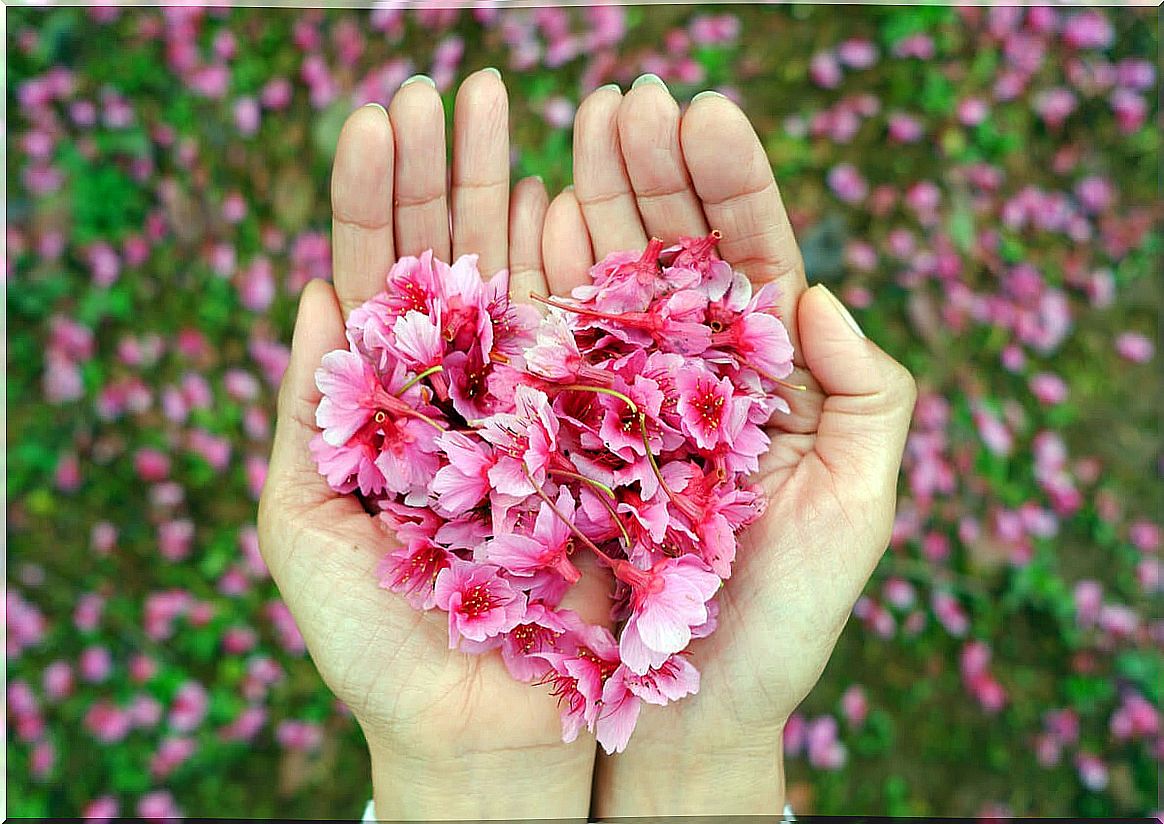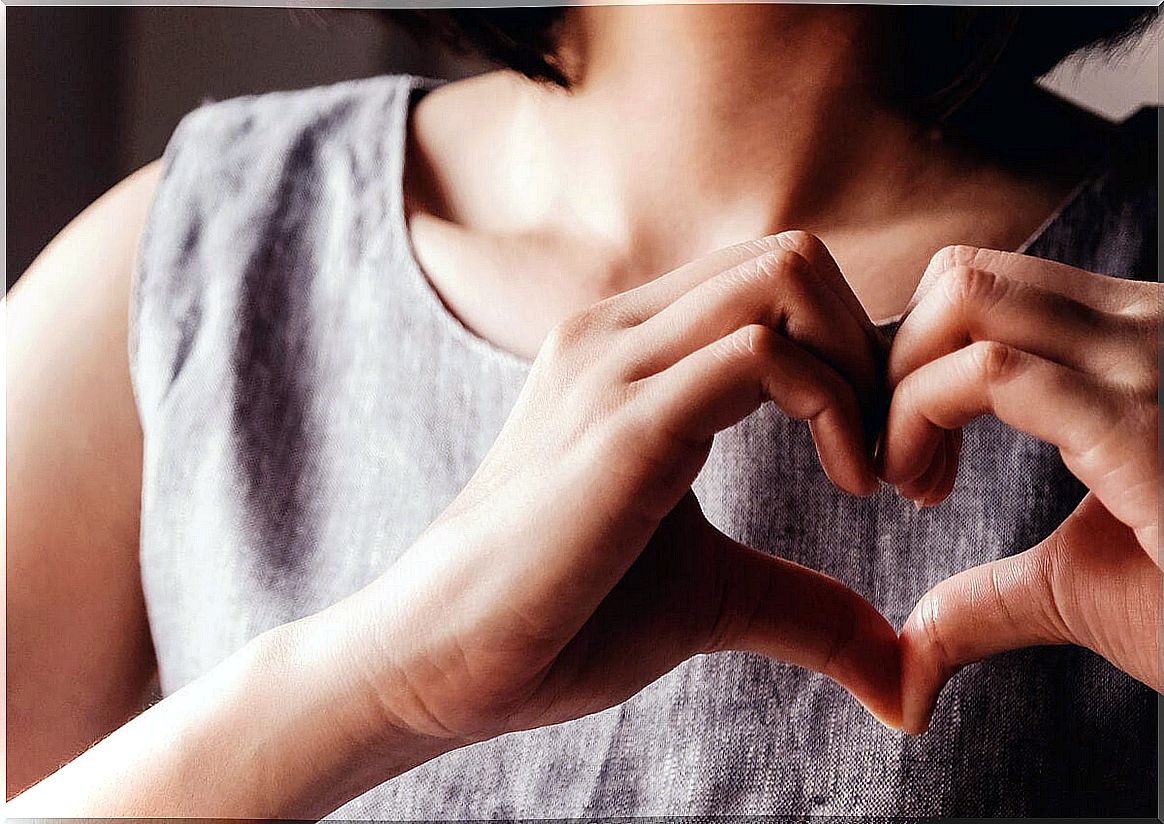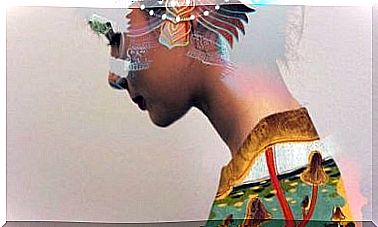Radical Self-honesty: A Healing Practice

Radical self-honesty is a more accurate name for a practice that almost everyone knows about: being honest with yourself. In this case it is not so much a behavior that is framed in the moral plane, but a behavior aimed at achieving greater mental health.
There are different forms of deception and many of them have to do with survival. Likewise, deceiving yourself is, in principle, a way to protect or preserve yourself. The problem is that it is a wrong path that often ends up turning against those who practice it. This is avoided with radical self-honesty.
One of the most important effects of self-deception is to limit personal growth and evolution. Telling ourselves lies may provide a degree of comfort or reassurance, but at the same time prevent progress. It is so flimsy that it is supported by falsehoods that much effort must be made to preserve it. We’ll see right away why radical self-honesty is so important.

The lie and the deception
You have to think that in social life, dishonesty is the main source of mistrust and ends up poisoning relationships with others. Without sincerity, ties lose their value and their ability to enrich those who hold them.
Dishonesty has an additional effect. Whoever lies to others also has great difficulty believing what others say. It is impossible for him to trust because he himself is living proof that one can lie and cheat without others noticing. Therefore, his life becomes a kind of continuous simulation.
All of the above also applies to the relationship with oneself. At the bottom of each one dwell personal truths. So, if a person deludes himself, he also ends up not trusting himself or constantly doubting himself.
You will also put more emphasis on appearances and will be very susceptible to the opinion of others. He feels with a fragile self and that is why he designs shells of protection and at the same time of concealment.
Radical self-honesty
Radical self-honesty is a skill, but above all a decision. Some ancient Christian monks, known as the “fathers of the desert” defined such virtue with these words: “honest recognition of the thoughts of the heart.” In this statement it is clear that it is not an intellectual exercise, but a practice that requires sensitivity.
Radical self-honesty can be said to begin with an examination of those emotions, beliefs, and stories that make us feel bad about ourselves. The objective is not to initiate a lawsuit against us, but to follow the thread to detect where the dark aspects are and where the issues are that are ambiguous, confusing or contradictory.
What is found during this examination are the clues to those secrets that the heart keeps. At first they are not seen clearly, but as they advance they begin to be clearer. When speaking of radical self-honesty, reference is made to the will to take that examination to the bottom. This is how those personal truths that we try to hide begin to emerge.

The practice of radical self-honesty
Practicing radical self-honesty does not only imply that in-depth examination of what is disturbing our previous world. It takes courage to take it on and keep looking into it. Such disclosures are likely to cause suffering, shame, or anger with ourselves. So it also takes understanding and constructive self-compassion to tackle all of this.
What follows is the ability to express those findings out loud. In radical self-honesty this is very important because it is equivalent to putting a mark, a before and an after in the lie. Recognizing a truth, out loud, in front of another human being is a healing practice. Keeping the proportions, that is the foundation of Christian confession and psychological therapy.
Opening your awareness to your own vulnerabilities and sharing them is the basic act of radical self-honesty. Once it is achieved, there is a kind of inner purification and acceptance and self-love deepen. This is very healthy both for those who practice it, and for those around them.









